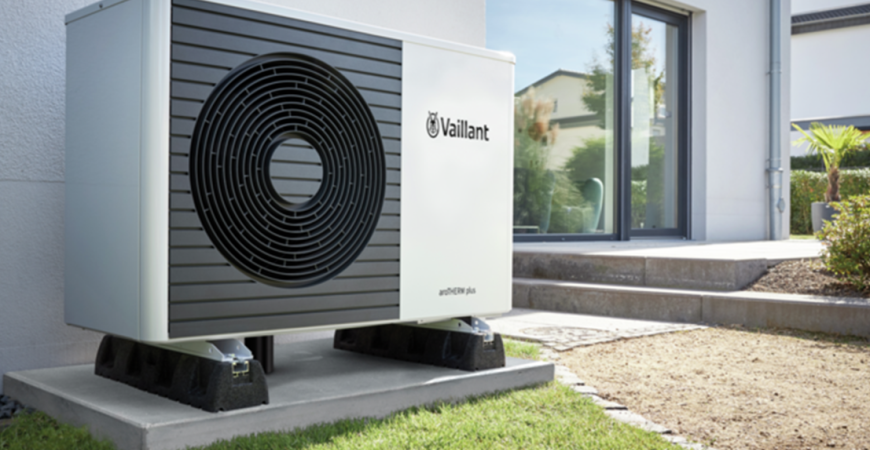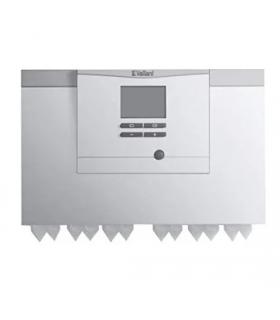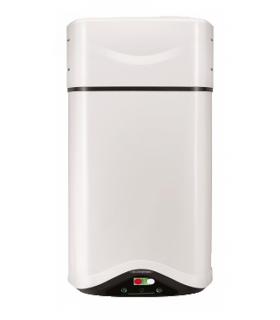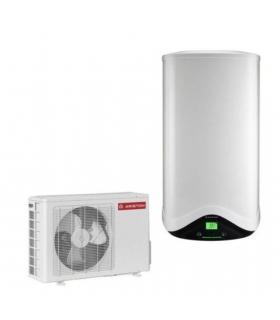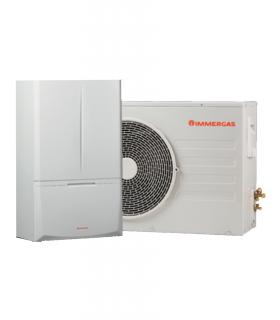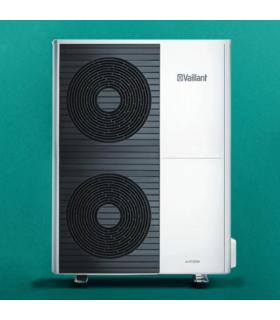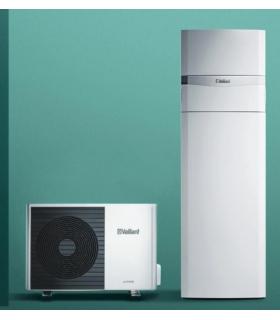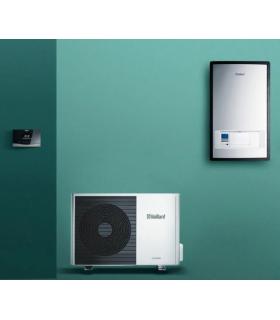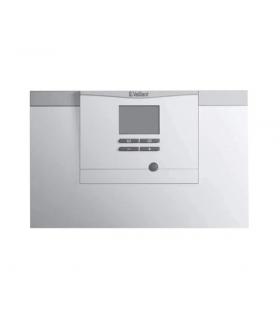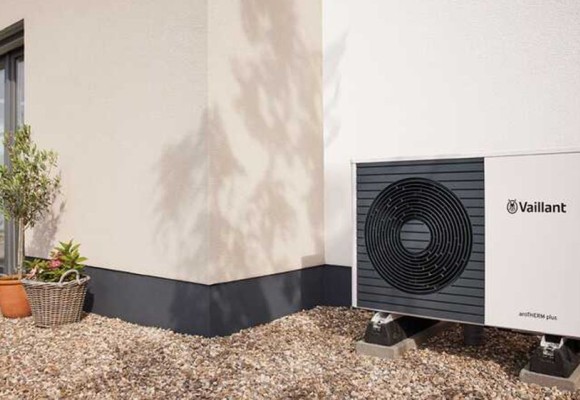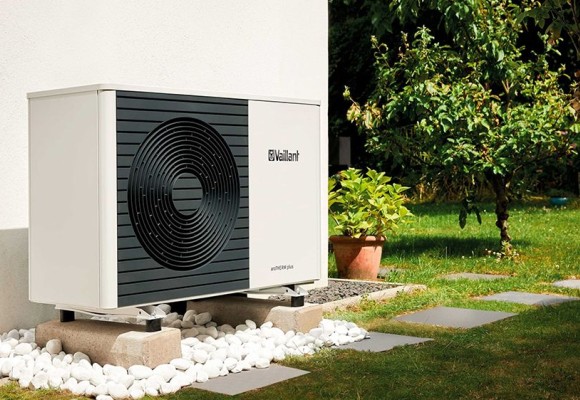Heat pumps, a solution for the future
Complete Guide to Heat Pumps: Operation, Efficiency and Benefits
Heat pumps are an advanced solution for heating and cooling buildings, using the heat naturally present in the air, water or soil. This system is increasingly in demand for its energy efficiency and environmental sustainability, responding to the growing need to reduce energy consumption and greenhouse gas emissions.
The current context, characterized by rising energy costs and the push towards a greener future, makes heat pumps an advantageous choice for both consumers and national and international energy policies. In fact, European objectives aim to reduce greenhouse gas emissions by 55% by 2030 compared to 1990 levels and to reach 42.5% renewable energy consumption by the same year.
How Heat Pumps Work
The operating principle of heat pumps is similar to that of a refrigerator, but operating in reverse. The system uses a thermodynamic cycle that allows the refrigerant to absorb heat from an external source and transfer it inside the building. This cycle takes place in four main phases: evaporation, compression, condensation and expansion.
During evaporation, the refrigerant absorbs heat from the external source (air, water or soil), turning into gas. Then, in the compressor, the gas is compressed and heated further. The heat is then transferred inside the building during the condensation phase, where the gas cools and returns to a liquid state. Finally, in the expansion phase, the refrigerant cools further, completing the cycle and preparing to absorb heat again.
Types of Heat Pumps
Heat pumps are divided into different types, each with specific applications and advantages:
Air-to-Water Heat Pumps: They use the outside air as a heat source. They are easy to install and particularly suitable for moderate climates. These pumps can also work effectively at low temperatures, but their efficiency may decrease in extreme weather conditions.
Geothermal Heat Pumps (Earth-to-Water): They exploit the heat of the ground through geothermal probes. They are highly efficient, especially in cold climates, since the ground temperature is more stable than the air temperature. However, they require a more complex and expensive installation.
Water-to-Water Heat Pumps: They use water as a heat source, which can come from aquifers or surface water. They offer high energy efficiency, but require a constant water source close to the building.
Energy Efficiency and Benefits
The energy efficiency of heat pumps is measured by the Coefficient of Performance (COP) and the Seasonal Coefficient of Performance (SCOP). These indicators represent the ratio between the energy produced and the energy consumed. A high COP indicates a highly efficient system.
Heat pumps offer numerous advantages, including:
Energy Savings: They can significantly reduce energy costs compared to traditional heating systems. According to a 2022 ENEA study, replacing a gas boiler with a heat pump can guarantee annual savings of over 400 euros.
Environmental Sustainability: They use renewable energy sources, helping to reduce CO2 emissions. The 20 million heat pumps installed in Europe avoid the emission of 52.5 megatons of greenhouse gases every year.
Versatility: They can be used for heating, cooling and the production of domestic hot water. However, for the production of domestic hot water, it is necessary to consider a storage tank, since the heat pump is not able to produce hot water instantly.
Incentives and Benefits: Heat pumps can benefit from various tax incentives, reducing purchase and installation costs. In Italy, the National Integrated Plan for Energy and Climate 2030 and the PNRR allocate significant resources to energy efficiency and the redevelopment of buildings.
Installation and Considerations
Before installing a heat pump, it is essential to evaluate several aspects to ensure maximum efficiency of the system:
Building insulation: Good thermal insulation increases the efficiency of the system, reducing heat loss.
System sizing: It is essential to choose a heat pump with the right capacity, based on the size of the building and the heating and cooling needs.
Space and configuration: Consider the space available for the installation of the outdoor unit and the storage tank for domestic hot water.


